Get Support
Our team understands the complexities of navigating the systems and services available to older adults. With empathy and understanding, we can help you access the resources and assistance you need.
We keep a general list of housing options in Lethbridge for older adults and can help you through the process via our Seniors System Navigators if you would like a guiding hand.
LSCO In Home Support Programs are designed to provide older adults affordable and accessible support and resources to maintain holistic wellness and independence in their own homes including House Cleaning, Lawn and Snow care, Meals on Wheels, Community Connect and Drive Happiness.
We host a variety of monthly appointments: a perscribing pharmacist, a podiatrist, hearing screenings, eye glasses adjustments, Service Canada Onsite, free 15 minute lawyer consultations, single session counselling and more.
LEARN responds to and provides education, awareness, and advocacy for those at risk of or already experiencing elder abuse, as well as the community at large.
LSCO is part of the Community Volunteer Income Tax Program through Revenue Canada. Our volunteers, after being screened and trained by Revenue Canada, are able to complete simple tax returns for individuals with modest income, free of charge, during tax season which is March and April.
Most of these programs are free or subsidized based on your income. Contact the general intake line if you are unsure what programs are right for you.
Health and Wellness Programs
Sign up or drop in for a variety of monthly appointment to support your health and wellbeing including medical consultations, legal advice, and other essential services. Click the options below to see more details and how to sign up.


Income Tax
Through the Volunteer Income Tax Program, LSCO offers free assistance for simple tax situations - no age limit.
Towards the end of February qualifying individuals may drop off their tax slips with us. Once the return is complete, we will call the individual to come in and pick up the paperwork. If individuals are not able to drop off their paperwork, arrangements can be made to do their return over the telephone.
To qualify, a single person’s total income must be under $35,000 or a couple’s total combined income must be under $45,000.
Volunteers do not prepare tax returns for:
For more information on the program, please contact Bonnie at bjensen@lethseniors.com or 403-320-2222 ext. 202
Support Services
For those looking to chat with someone about Meals on Wheels, Lawn & Snow Care, Home Making Services, Drive Happiness, Elder Abuse, or help navigating systems as a senior.
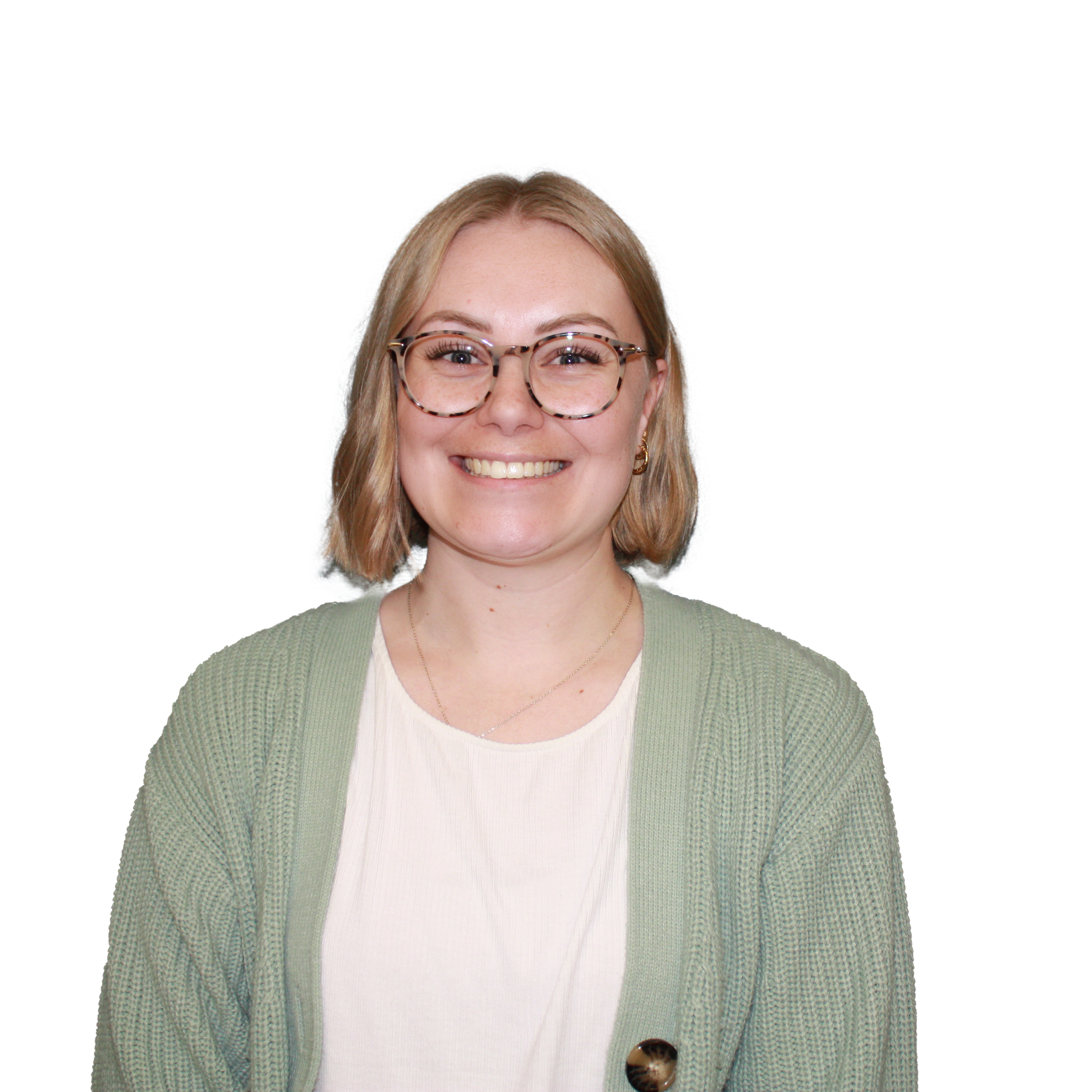
Support Services Manager, Amy Cook
acook@lethseniors.com
Ext. 204
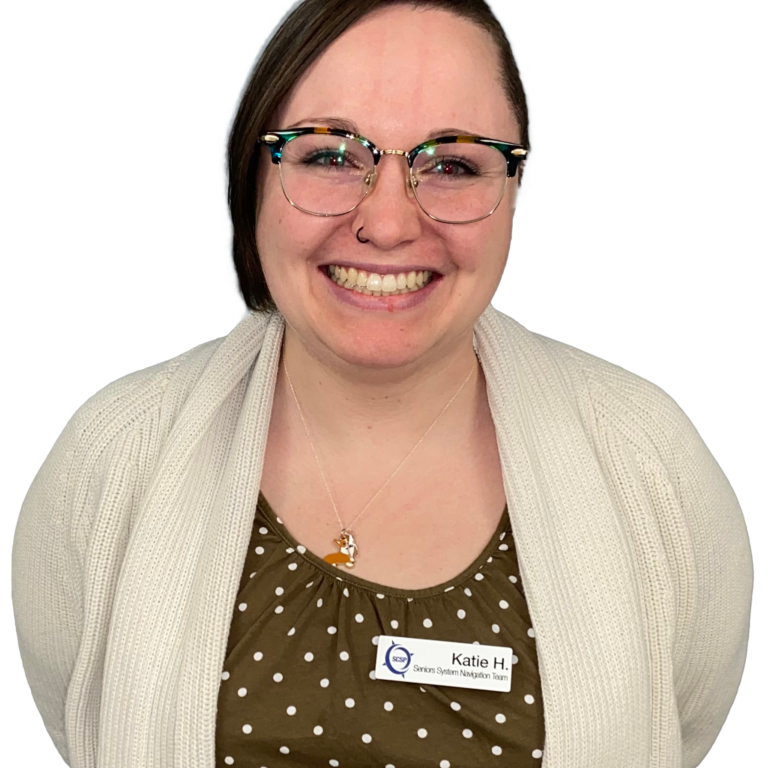
Seniors System Navigator Team Lead, Katie Harrold
kharrold@lethseniors.com
Ext. 206

Meals on Wheels Client Coordinator, Diane Legault
dlegault@lethseniors.com
Ext. 201

Volunteer Program Coordinator
volunteer@lethseniors.com
Ext. 208
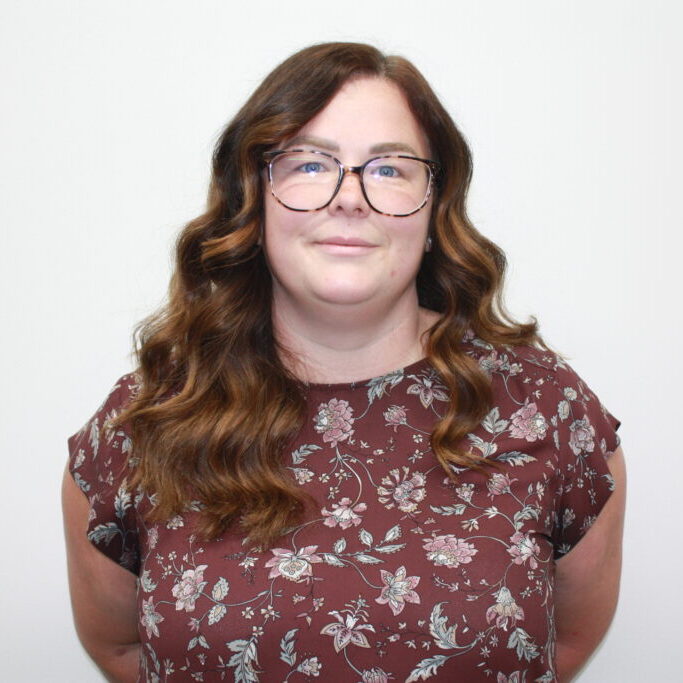
Seniors System Navigator Intake, April Guild
intake@lethseniors.com
403-329-1544
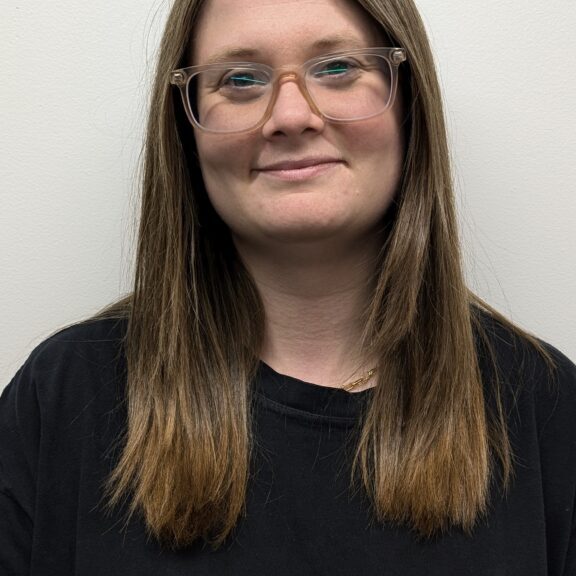
Seniors System Navigator, Dana Snow
dsnow@lethseniors.com
Ext. 209
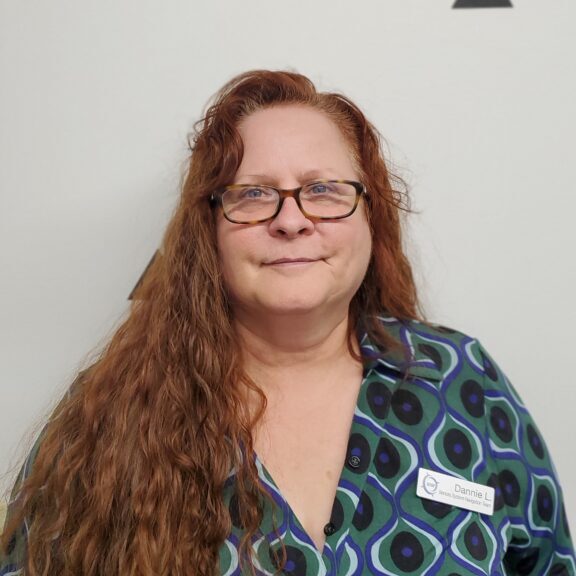
Seniors System Navigator, Dannie Lien
dlien@lethseniors.com
403-715-0485

Seniors System Navigator
This position is currenly being filled
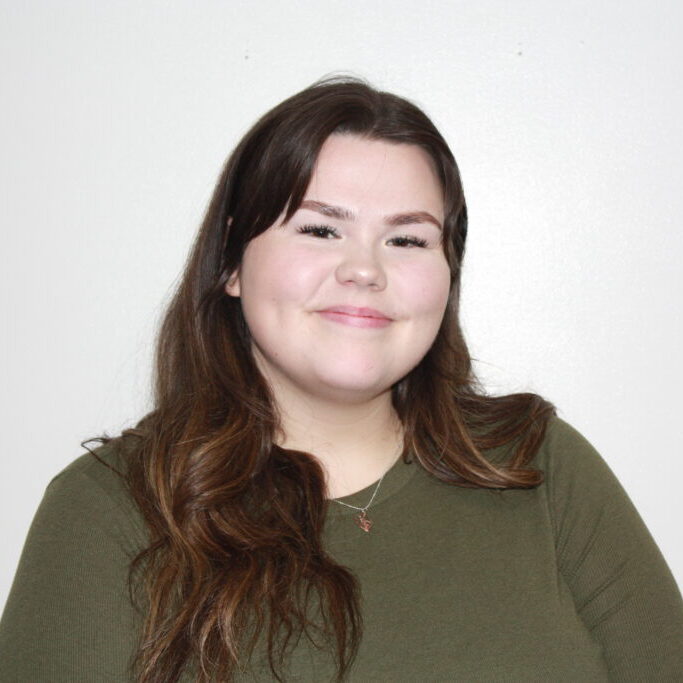
Learn Case Manager, Marissa Hardy
mhardy@lethseniors.com
403-394-0306
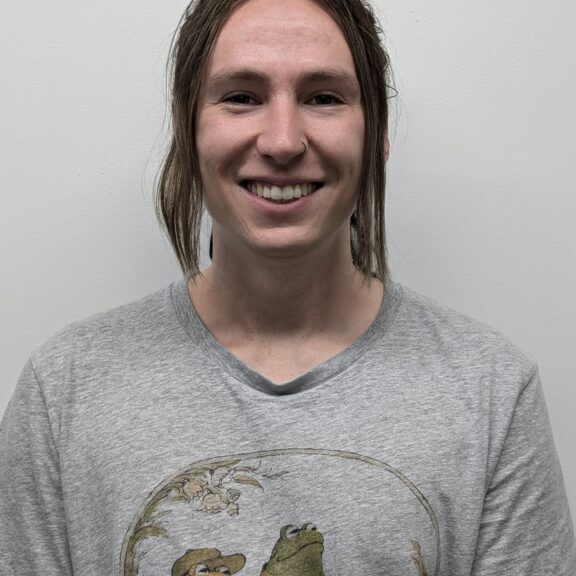
LEARN Case Manager, Tyler Andersen
tandersen@lethseniors.com
403-394-0306
